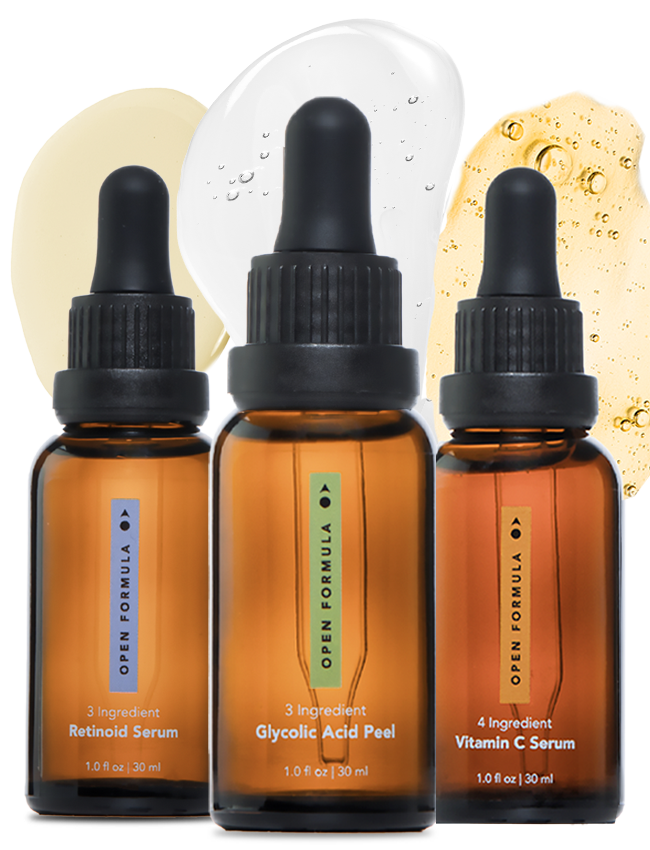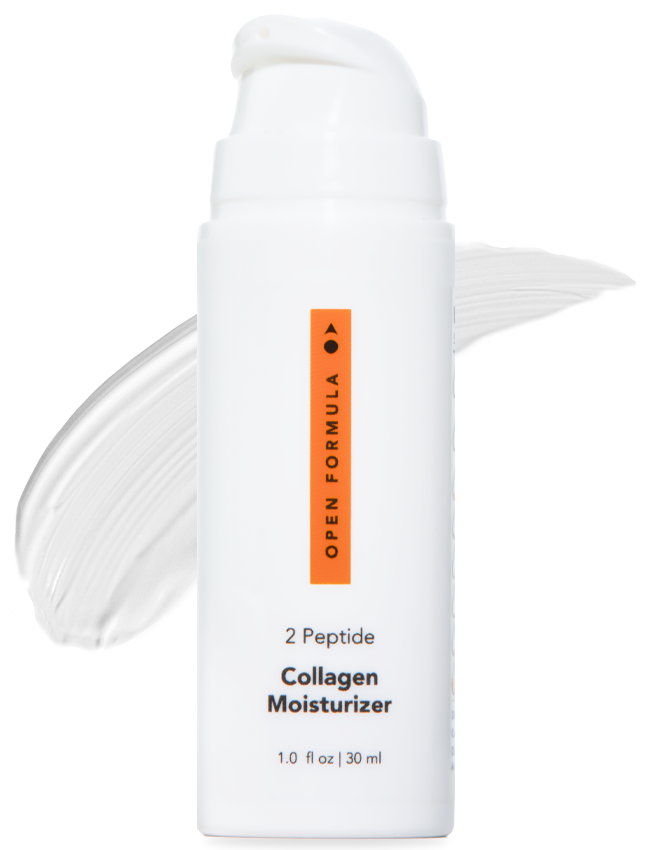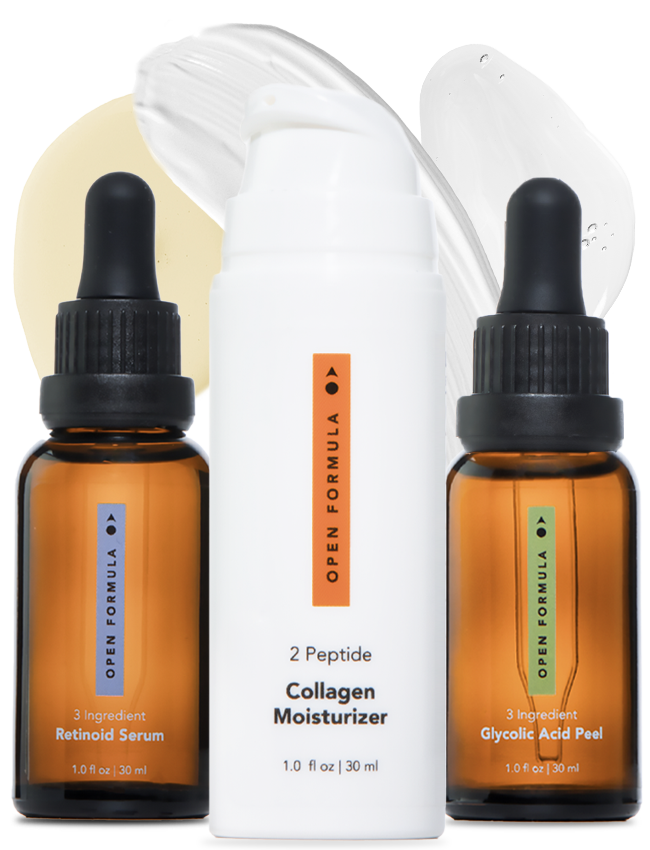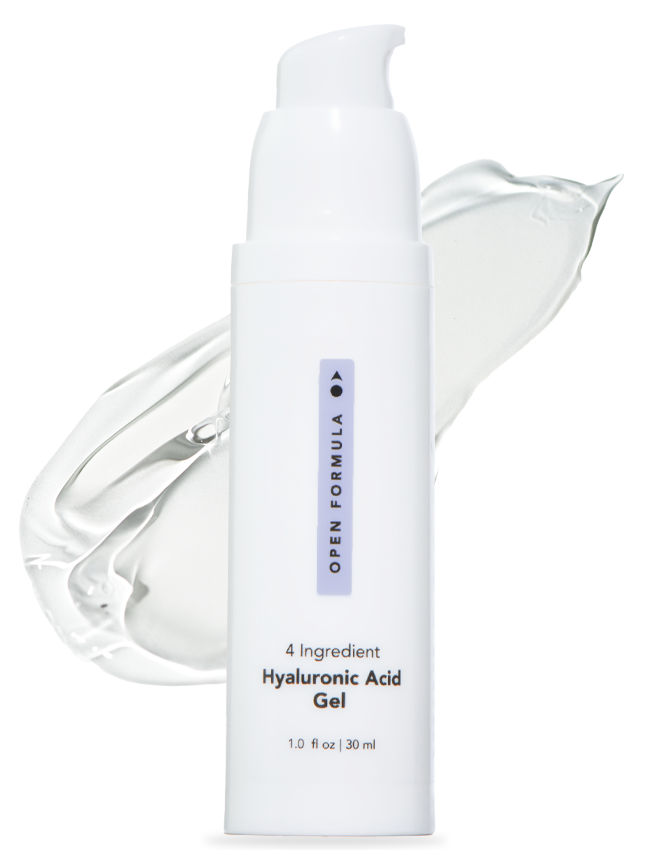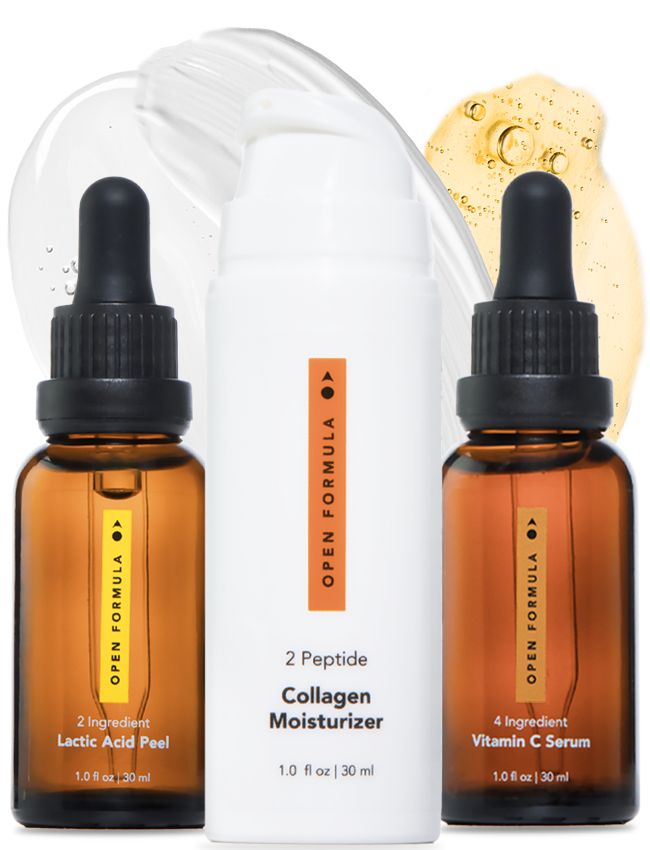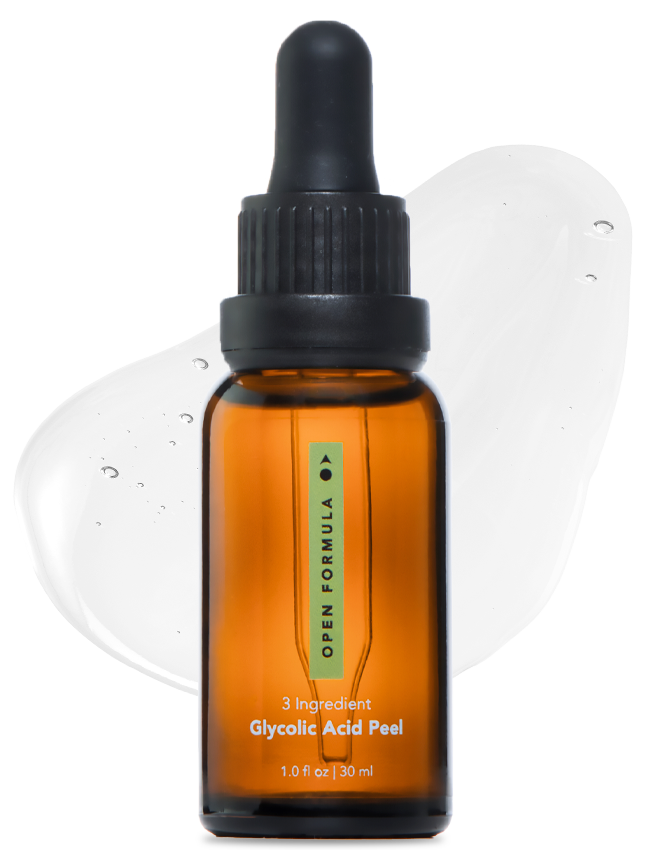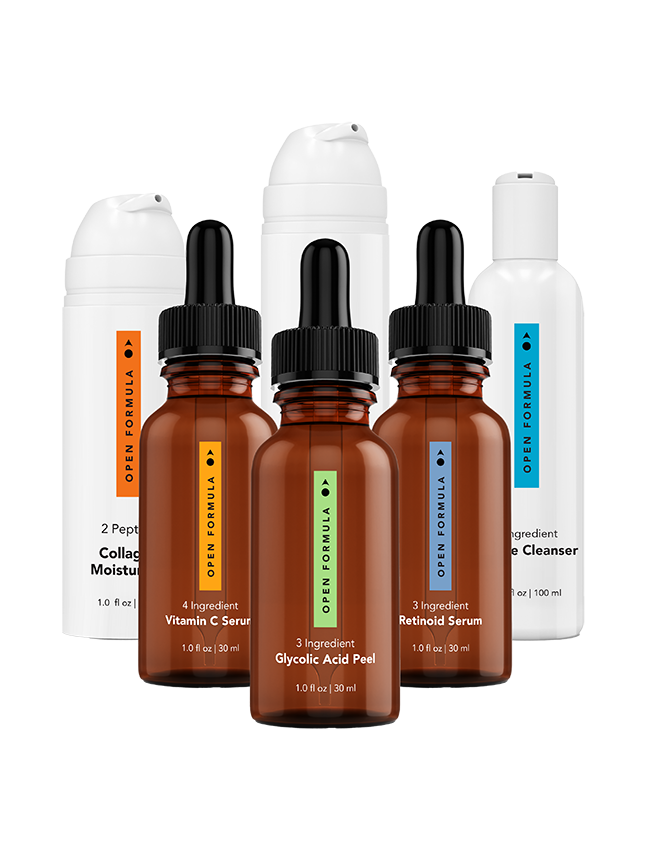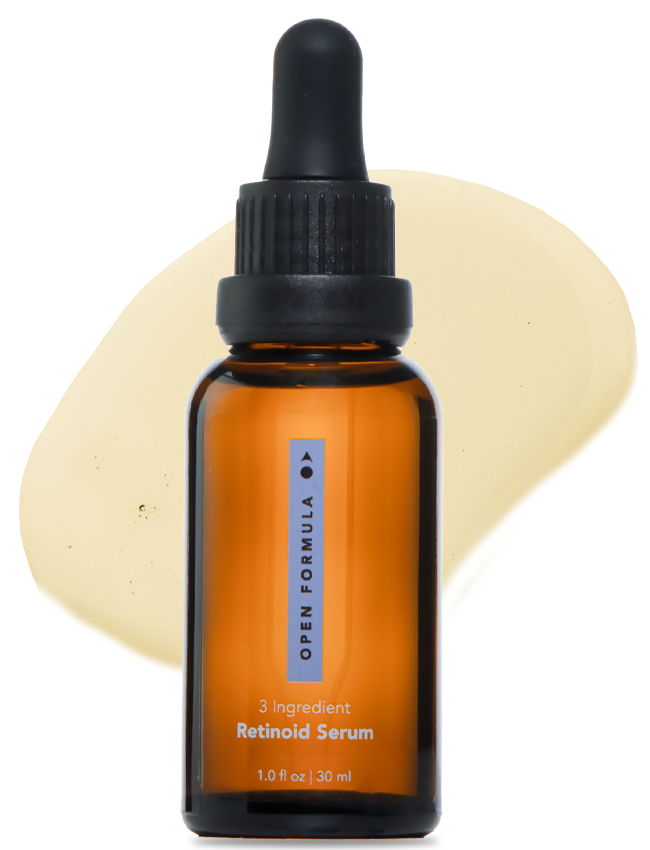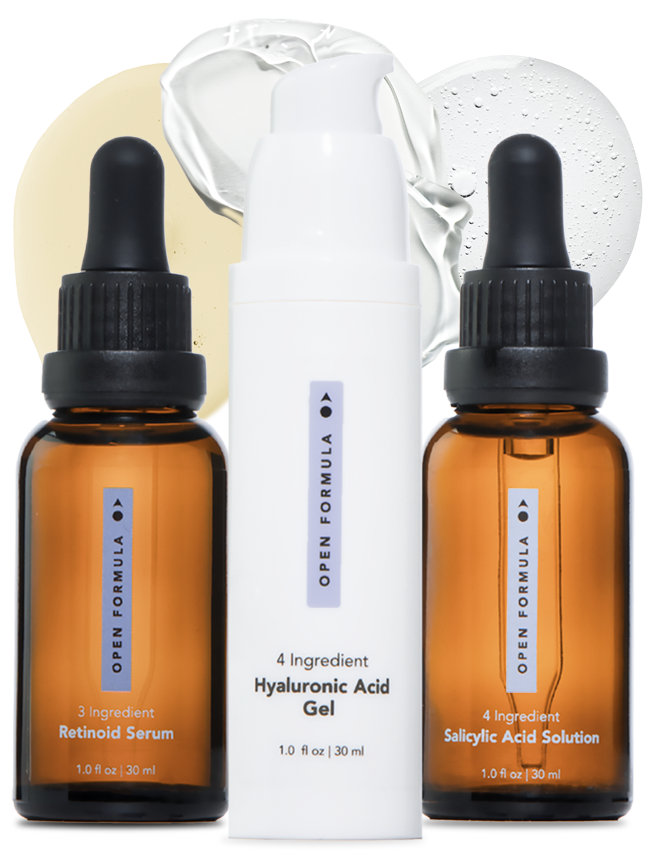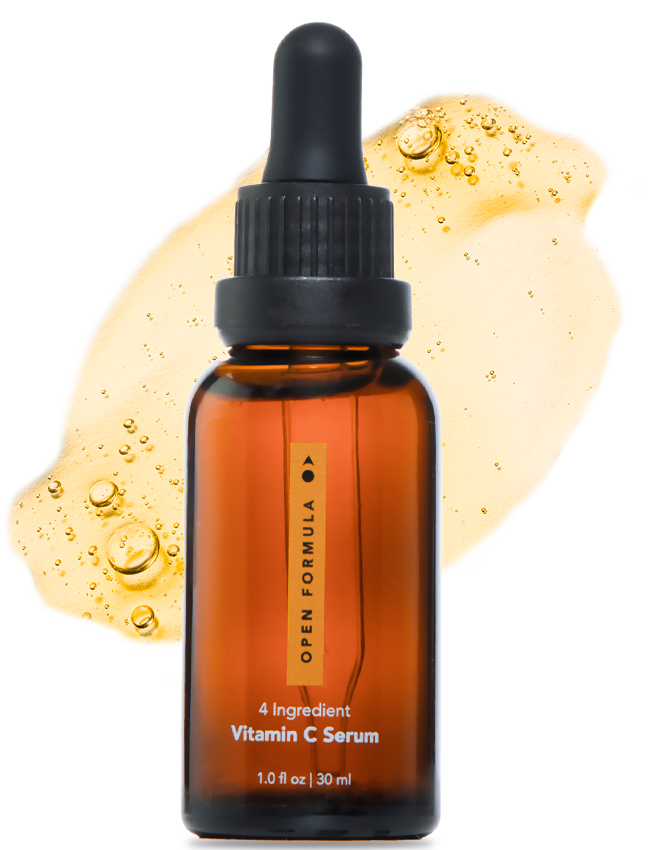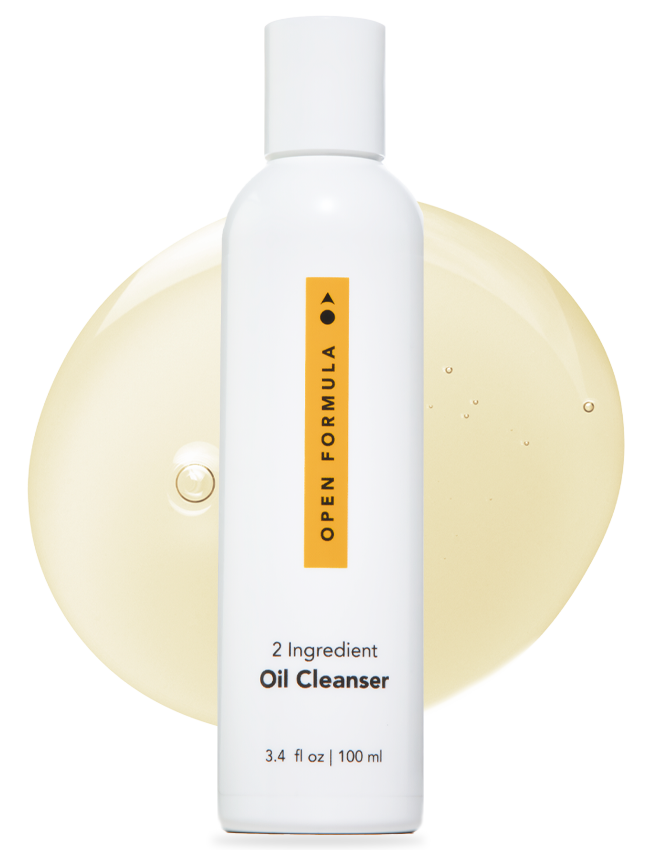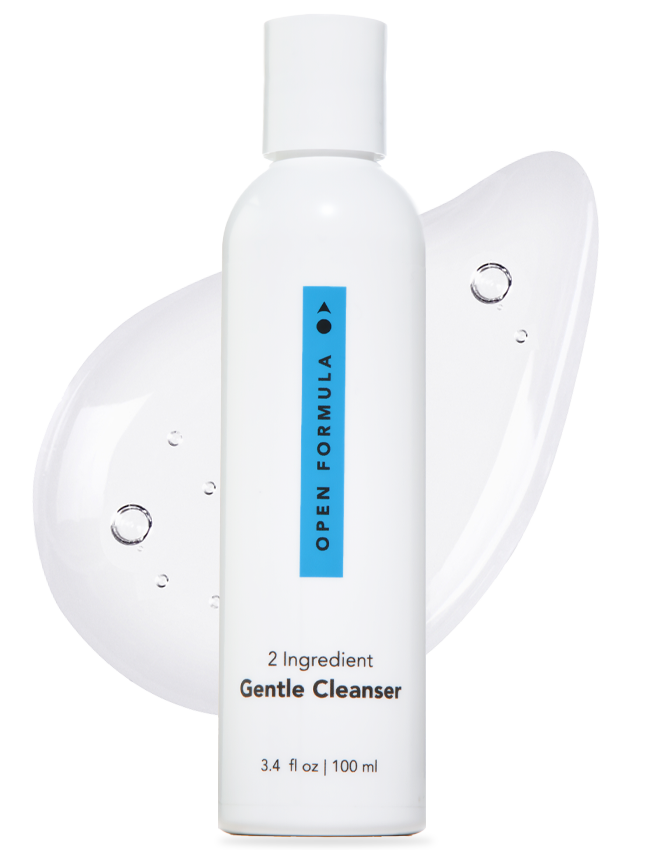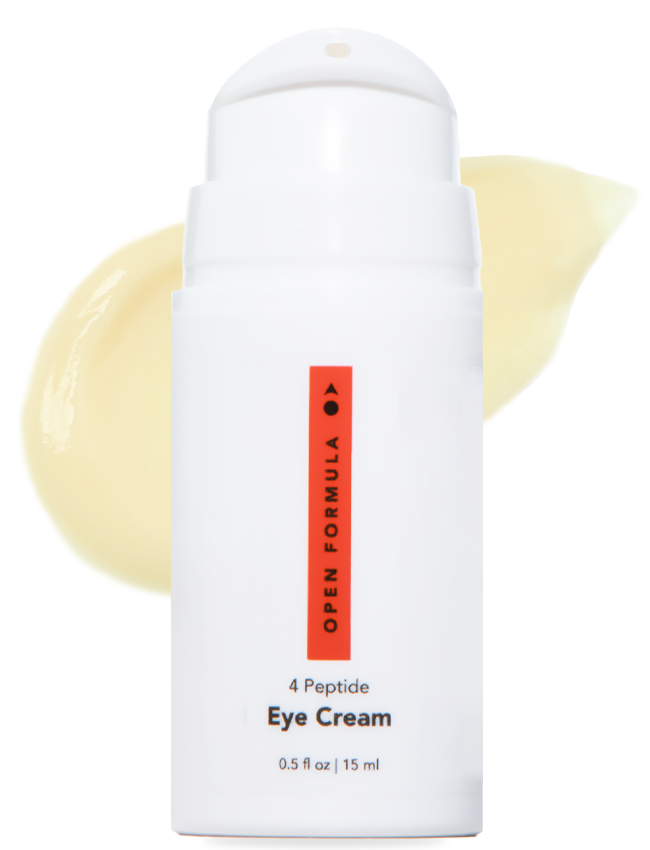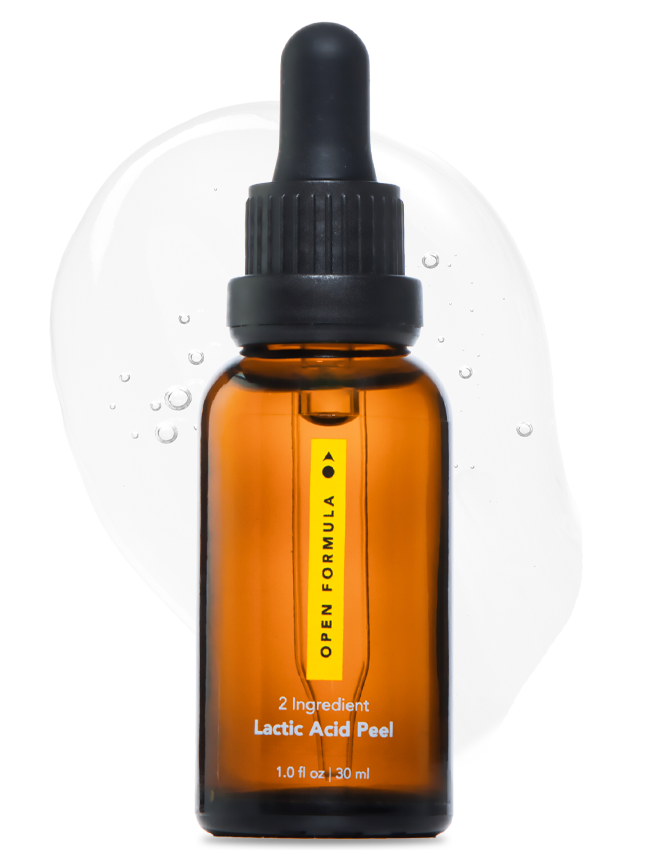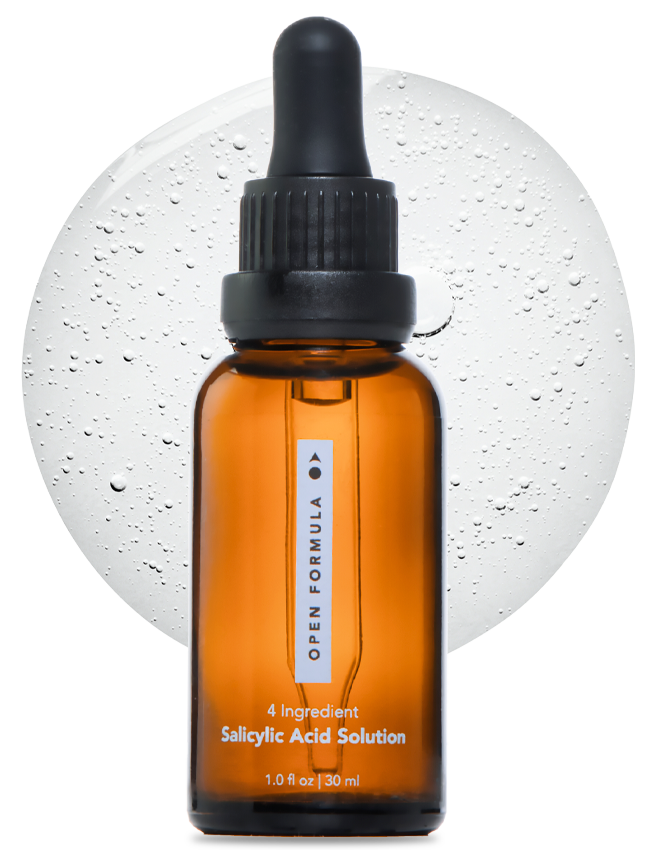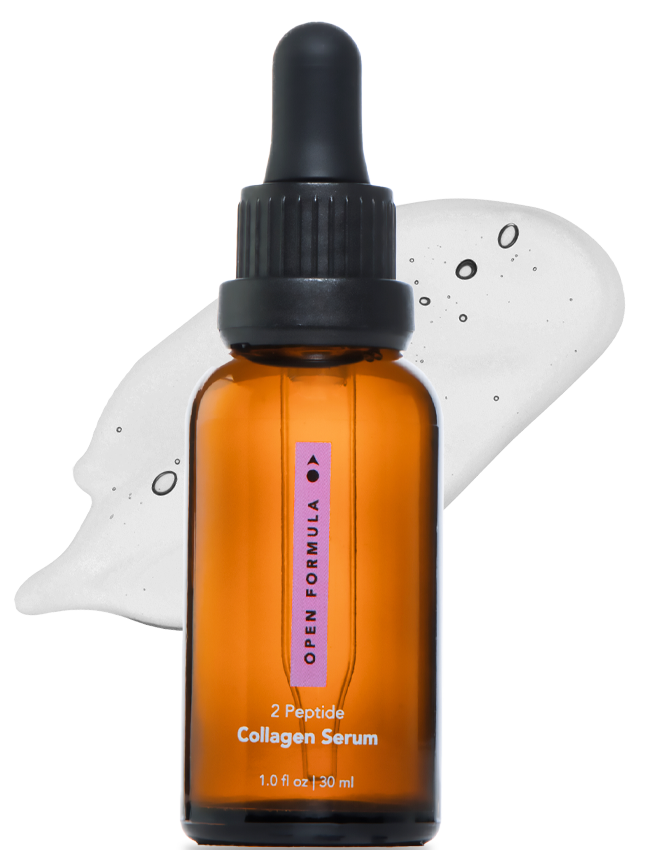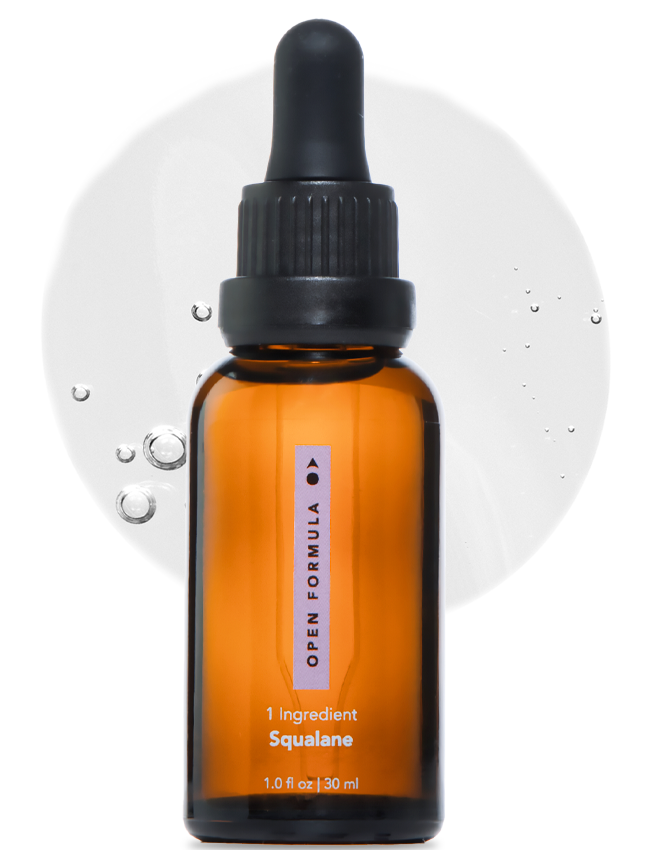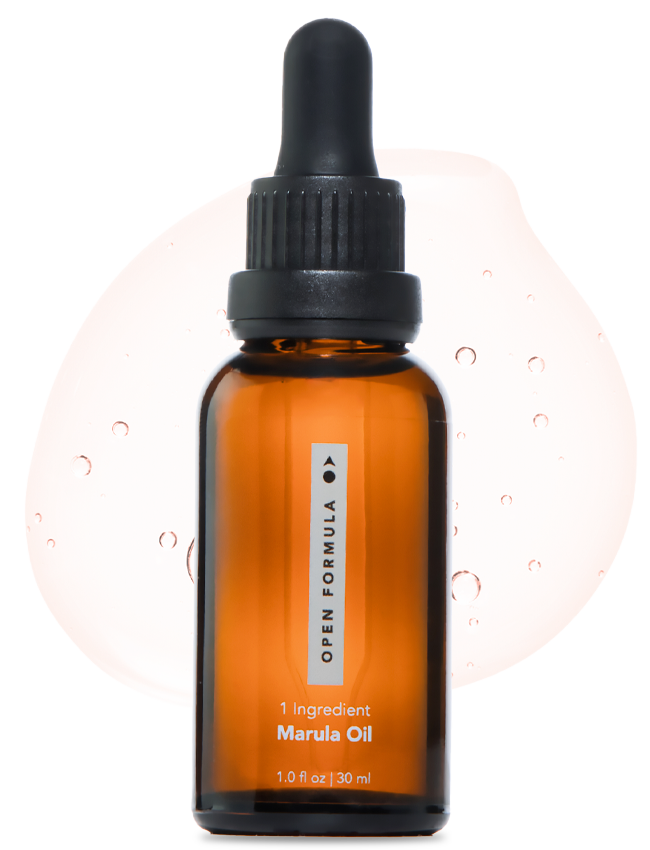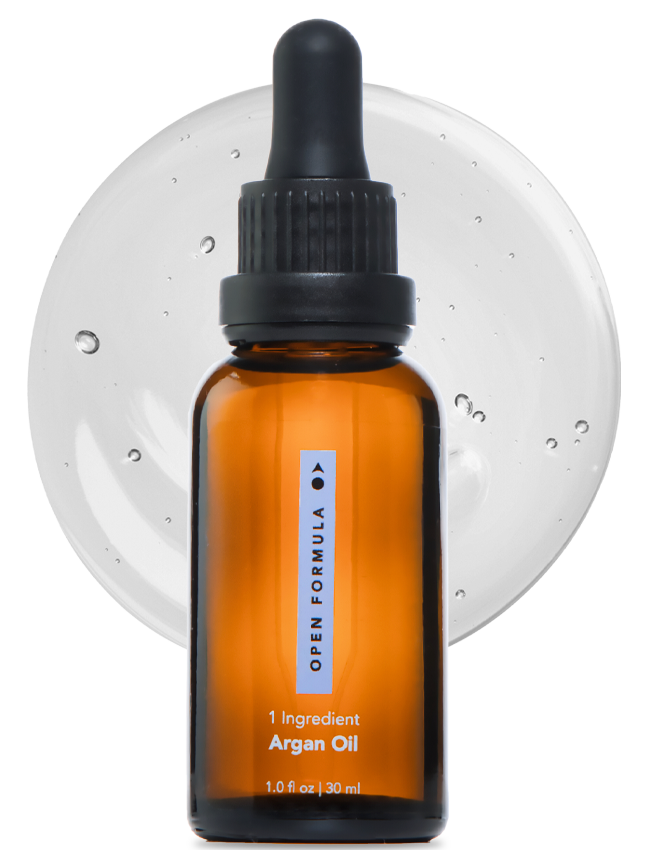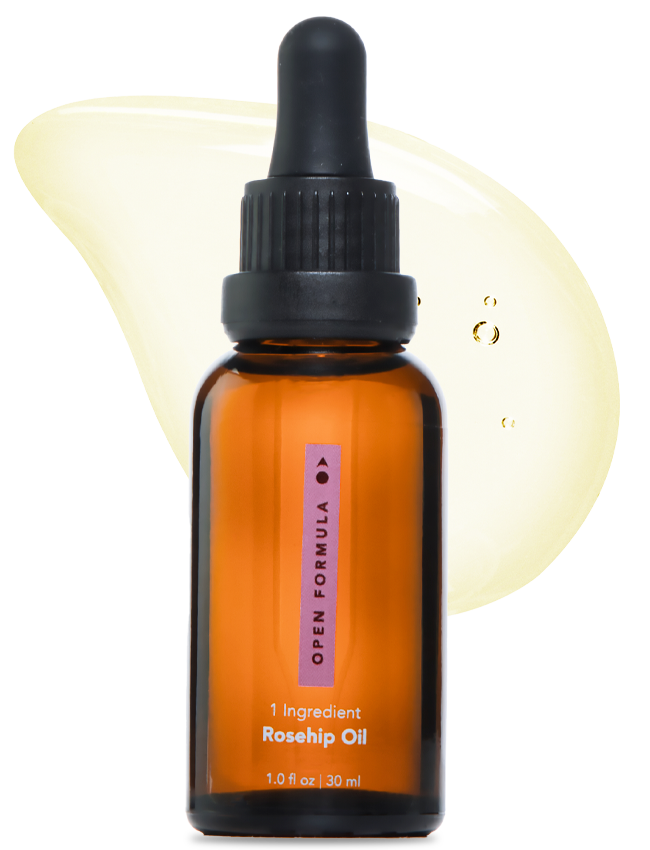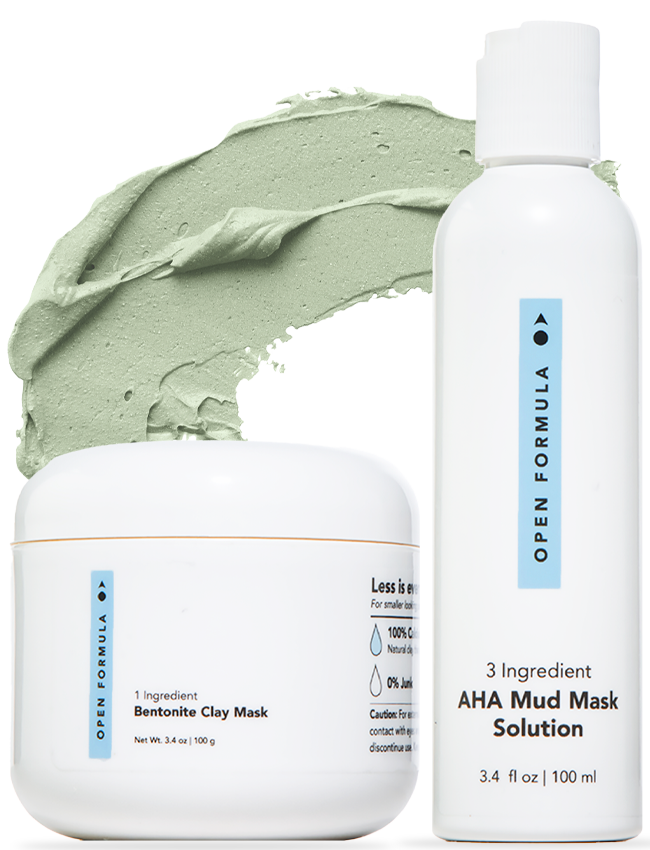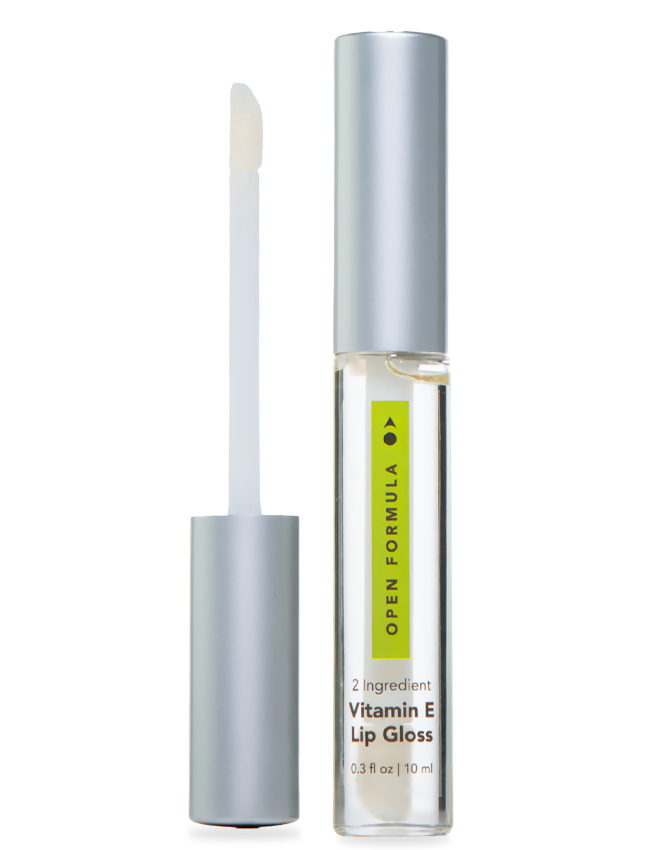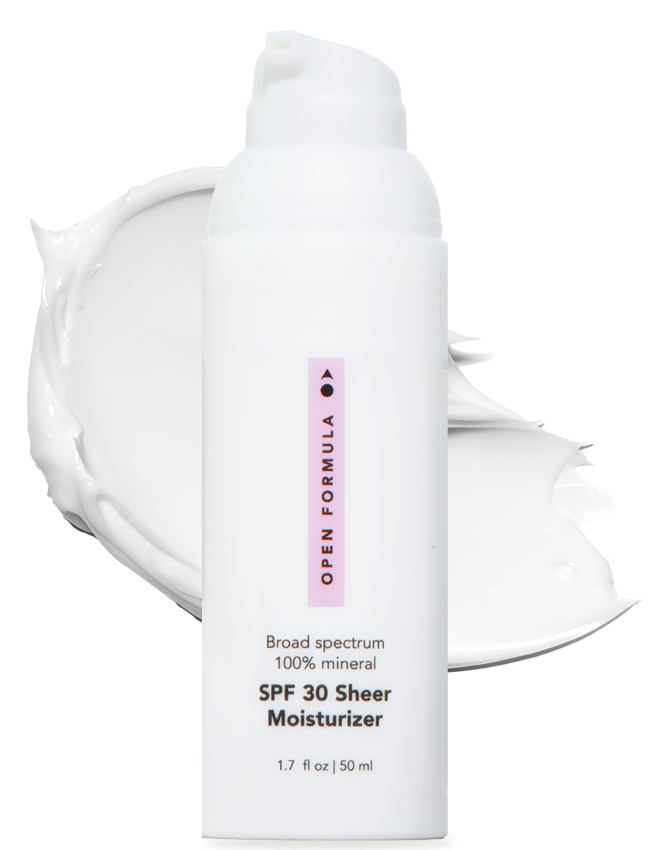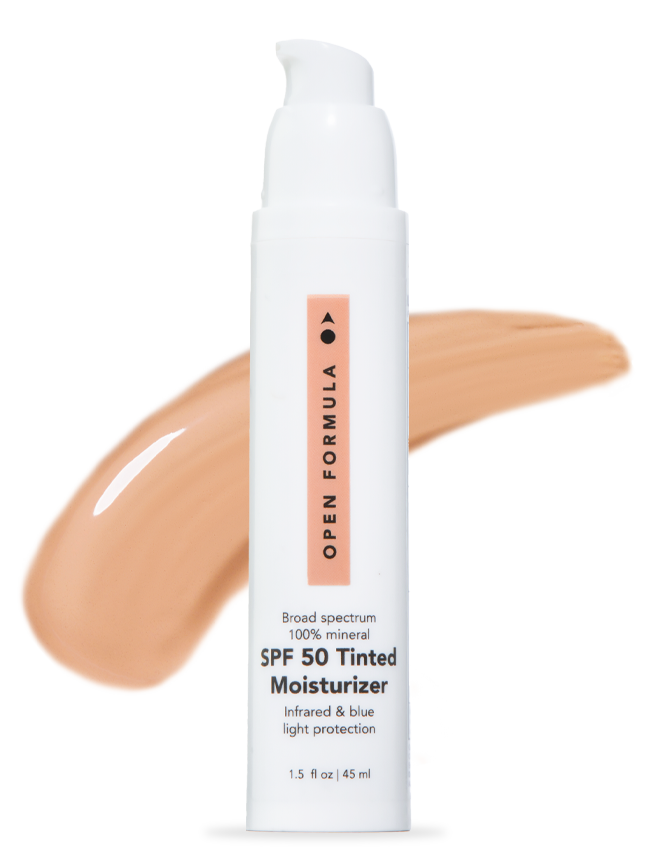We’ve all heard the silly, sing-songy cliches about how skin color affects the aging process, like “Black don’t crack” or “Asian doesn’t raisin.” Believe it or not, there’s often quite a bit of truth to the seemingly ridiculous phrases.
Consider this, everyone’s skin is different. So it should come as no surprise that we all age differently. And in an era when people are living longer, understanding how we age is the key to helping our skin mature elegantly.
This brings us to another central question. Is aging mostly biological and therefore predetermined or does your environment/lifestyle play the major role? Let's find out
Skincare ingredients aside, there’s a great chunk of aging we simply have no control over. Much of it has to do with our DNA, and specifically our race. Skin aging primarily comes down to a mixture of wrinkles and fine lines on the one hand, with pigmentation, known more commonly as dark spots or age spots, on the other. There’s also the general sagging and loss of elasticity from the collagen breakdown that comes with aging. As it turns out, certain skin colors have built-in defenses against many of these processes.
Race and Aging
Our biological makeup actually plays a distinct role in determining how early on in life we notice these features beginning to form, as well as how pronounced they are once they begin to take shape. Our skin carries unique anti-aging defenses determined by race across the board, from black, to white, Asian, and everything in between.
Let’s start with good old-fashioned wrinkles. As it turns out, those of us with lighter skin tones, namely Caucasians, whose skin has less natural melanin, the pigment that gives your skin a darker color, get the short end of the stick in the wrinkle department. Black, Asian, and Hispanic/Latino people tend to literally have thicker skin. This is because they have a thicker dermis, the deep inner layer of skin beneath the outer layer, the epidermis. The thicker the dermis, the less prominent wrinkles and fine lines appear later in life!
Then there’s pigmentation. Age-related skin discoloration can present itself in lots of different forms. Hyperpigmentation, which is an umbrella term for any irregular coloring of the skin, is more common in people of color. Having more melanin has been directly associated with a higher likelihood of developing age spots. One study found that Asian, melanin-abundant subjects had significantly more intense spot pigmentation than their white counterparts. It’s not all smooth sailing for white skin in these waters, though. White skin tends to experience increased redness with age.
Skin Aging You Can Control
You already know that lifestyle choices like diet, exercise, and whether or not you smoke affect how you look, and especially how you age. But there’s one piece to this puzzle that’s astronomically more important than the rest, at least when it comes to skin maturation. That’s the sun. Or rather, your relationship with the sun.
Since sun damage can account for up to 80% of skin aging, non-white races can expect up to 10-20 years of delay in the onset of wrinkles and photoaging (or sun-related damage). Why? It’s all in the melanin. The more melanin present in the skin, the less susceptible the person is to the sun’s rays. So my vanilla-toned readers need to be that much more focused on their SPF and take extra care when mitigating sun exposure.
A group of dermatologists found that black skin alone carries a built-in SPF of about 13.4, and on average is about 2-5 times better at filtering UV light than white skin. It shouldn’t shock anyone at home then that Caucasians experience the highest incidence of skin cancer, followed by Hispanics/Latinos, then Asians.
Additional Defenses
Make no mistake, SPF should be the holy grail of any anti-aging skincare regimen. Non-white skin may not wrinkle right away, but it’s certainly prone to sun spots, which are dark pigments from overexposure to sunlight. So gear up.
After SPF, working a retinoid into your nightly regimen is a surefire way to prevent collagen breakdown and keep your skin looking lush and voluminous. Finally, exfoliate. There’s a reason middle-aged women are running in droves to the esthetician to get acid peels as often as possible. At any given time, your skin has THOUSANDS of dead skin cells hanging off your face just dulling and weighing down your complexion. But there’s no need to go to such great lengths to get worthwhile effects. Introducing an at-home exfoliating acid like glycolic or lactic acid will help you peel back a softer, dewier layer of skin hiding under the surface.
Regardless of the genetic cards you’ve been dealt, everyone gets old. It’s reality, but it doesn’t have to be a sad truth. Aging is not a disease! So try not to look at the physical signs of aging like a diagnosis. That being said, rest assured that you can take precautions to delay premature aging to a certain extent.







